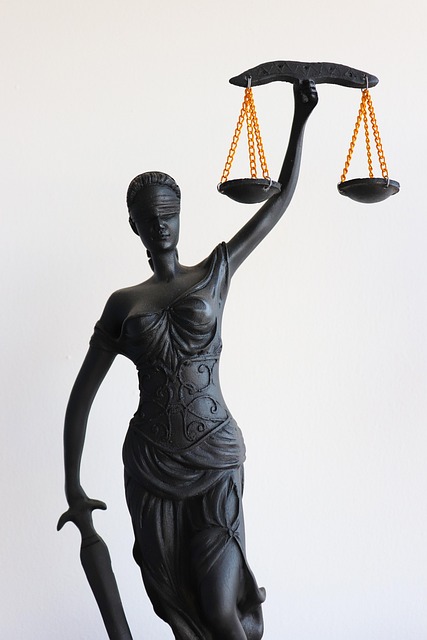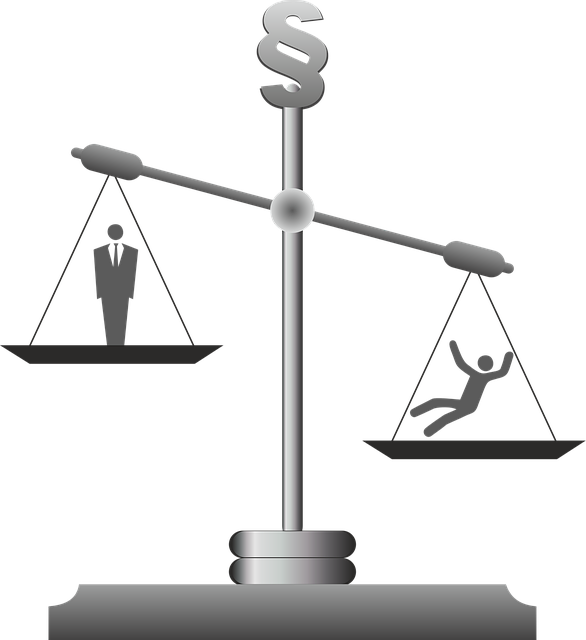Understanding Jury Biases in Criminal Cases is vital for healthcare law firms defending clients against white-collar charges. By rigorously screening jurors during voir dire and employing strategic arguments that challenge biased perceptions, firms can secure diverse, impartial juries, ultimately achieving positive outcomes and upholding justice.
In the intricate landscape of healthcare law, understanding jury biases in criminal cases is paramount. This article explores the critical aspect of jury selection processes within the context of healthcare litigation, delving into potential biases that may influence outcomes. By uncovering these hidden challenges, we offer comprehensive strategies for healthcare law firms to mitigate their impact. From meticulous case preparation to innovative trial tactics, these approaches ensure fair trials and promote justice in a complex legal environment.
- Exploring Jury Selection Processes in Criminal Trials
- Uncovering Potential Biases: A Comprehensive Analysis
- Strategies for Mitigating Impact of Jury Biases in Law Firms
Exploring Jury Selection Processes in Criminal Trials

The jury selection process is a critical aspect of criminal trials, as it significantly influences the outcome. Understanding potential biases among prospective jurors is essential for both prosecutors and defense attorneys. Jurors are chosen from diverse segments of society, including various ethnic backgrounds, ages, genders, and socioeconomic statuses. This diversity can be a strength, ensuring a balanced perspective, but it also introduces complexities in understanding unspoken prejudices.
Attorneys must carefully evaluate potential biases to build an effective strategy for winning challenging defense verdicts across the country. While jurors are sworn to deliver impartial judgments, unconscious stereotypes and societal influences can impact their decisions. By recognizing these biases, legal professionals can advocate for their clients more persuasively, ensuring that the justice system remains fair and just, regardless of one’s background or affiliation within philanthropic and political communities.
Uncovering Potential Biases: A Comprehensive Analysis

Uncovering potential biases is a crucial step in ensuring fairness within healthcare law firms, especially when representing clients in criminal cases. Jury biases, often subtle yet profound, can significantly impact outcomes. In the context of understanding jury biases in criminal cases, it’s essential to recognize that these biases may not always be evident. For instance, unconscious stereotypes or preconceived notions about defendants, particularly those involved in white-collar and economic crimes, can influence jurors’ decisions. This is where a comprehensive analysis becomes vital.
By delving deeper into the selection process, demographic representation, and the types of cases presented to juries, legal professionals can identify and mitigate biases. Achieving extraordinary results in criminal defense often hinges on this ability to navigate complex social and psychological factors. Through diligent research, expert testimony, and strategic arguments, healthcare law firms can challenge biased perceptions, ensuring that justice is served impartially, especially in cases involving white-collar defenses.
Strategies for Mitigating Impact of Jury Biases in Law Firms

Understanding Jury Biases in Criminal Cases is paramount for healthcare law firms navigating complex legal landscapes, especially when representing clients accused of white-collar and economic crimes. Jury biases can significantly impact the outcome of trials, potentially leading to unfair judgments. One effective strategy to mitigate these biases is thorough jury selection processes. Law firms should employ robust screening methods to identify potential prejudices, ensuring a diverse and impartial jury pool. By delving into the jurors’ backgrounds, experiences, and prior knowledge related to healthcare or legal proceedings, lawyers can make informed decisions during voir dire.
Furthermore, crafting compelling legal arguments that challenge biased assumptions and present the client’s story objectively is crucial. Healthcare law firms should focus on presenting facts and expert testimony to counter stereotypical beliefs. This approach not only helps in achieving extraordinary results but also demonstrates a commitment to ensuring justice, ultimately avoiding indictment for clients facing criminal charges.
Understanding jury biases in criminal cases is essential for healthcare law firms aiming to ensure fair trials. By recognizing potential sources of bias during jury selection and employing strategies to mitigate their impact, legal professionals can strengthen their cases and uphold the integrity of the justice system. This comprehensive analysis highlights the importance of a meticulous approach to jury selection and offers valuable insights for law firms seeking to navigate complex criminal trials with efficiency and ethical considerations.






